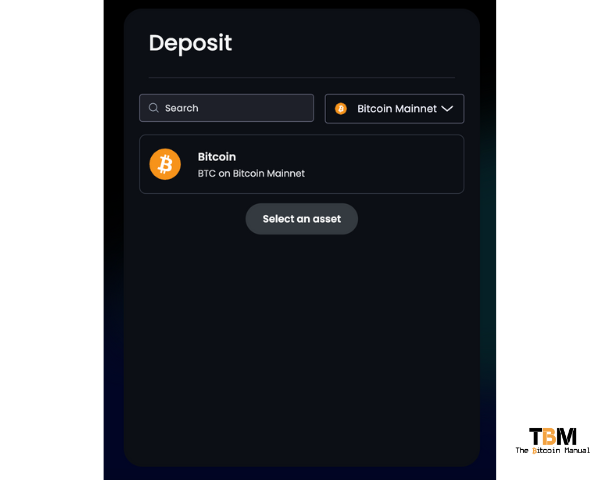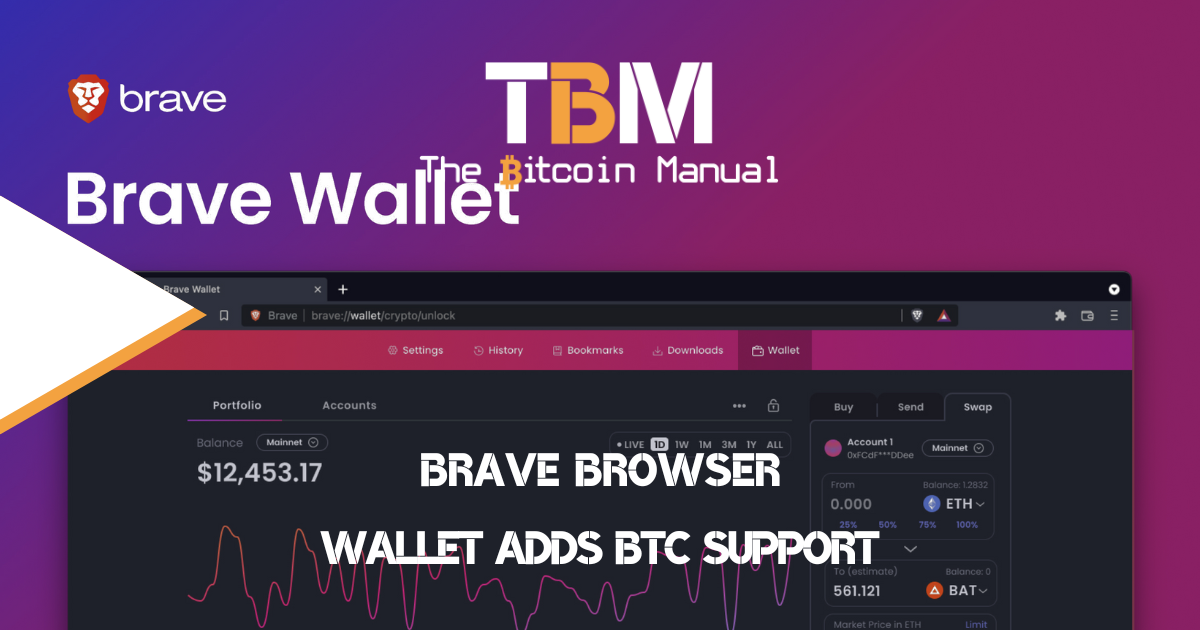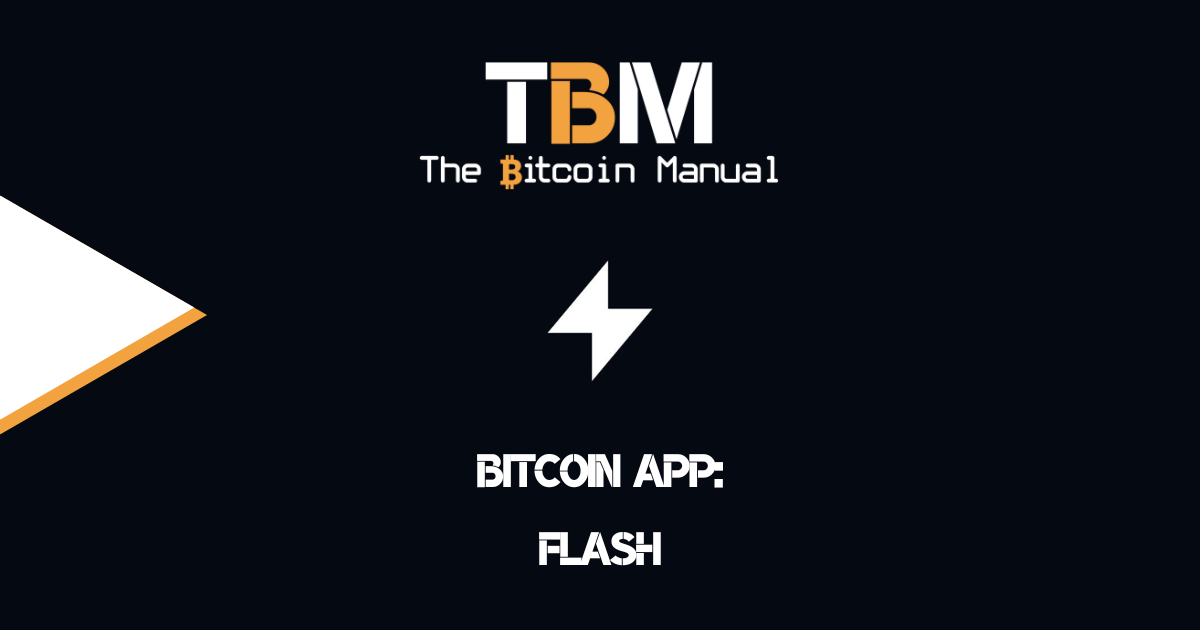Brave is a privacy-focused web browser that has tethered itself to crypto since its inception. The browser is known for its built-in cryptocurrency wallet and rewards system and even has its own failed Altcoin BAT (Basic Attention Token), which was initially launched as a reward system for users to tip websites and social accounts, similar to what we see with nostr and zaps.
Since its launch in 2019, the browser has gained a considerable following, with a reported 50 million monthly active users. It has become a popular browser option for many who want to migrate from the ever-prying eyes of Chrome to something familiar, but it offers more features for those interested in privacy, altcoins, or, lately, AI.
Brave is not a browser shying away from layering on products thick and fast; what initially started as a Chromium fork with a native ad network has expanded into a search engine, an LLM engine, a VPN provider and even a crypto web wallet.
The built-in browser wallet was initially launched as an EVM wallet, later adding other chains like Solana. It recently announced a long-awaited update: Bitcoin support in Brave Wallet. Brave now offers Bitcoin a network of 50 million users who have immediate access to a Bitcoin wallet on their phone or desktop, and it opens up new opportunities.
This news excites many, allowing users to manage their Bitcoin directly within the Brave ecosystem. However, there’s a twist—Brave has also made it clear that its primary focus will remain on altcoins (alternative cryptocurrencies) moving forward.
For Bitcoin enthusiasts, this is a bittersweet development. While having access to Bitcoin within Brave Wallet is undeniably convenient, prioritising altcoins suggests a strategic shift.
Here’s a breakdown of the situation:
Yeah, About that Bitcoin Integration
Let me start by saying this isn’t the worst wallet in the world. Would I use it to store my savings on it? Hell no, but if you’re looking to spin up a temp wallet for online payments or make it easier for you to interact with web apps, sure, keep a few sats handy; it makes total sense and is still self custody, mind you the keys aren’t as safe you might think.

Brave Wallet users get Taproot, Native SegWit Bitcoin accounts out of the gate, which is dope; many wallets have been slacking on address formats. The Brave wallet makes it easy for the novice user to access, enabling lower transaction fees and improved security compared to older account types. Additionally, the wallet supports sending and receiving Bitcoin from various addresses, ensuring compatibility with other wallets.
This might confuse new Bitcoin users, especially when it comes to UTXO management and cost, having UTXOs in different address formats, and not having coin control is a bit of a bother.
But hey, you’ve got to start somewhere and learn; but to play it safe, if you’re accepting transactions for anything less than 1 million sats, and breaking them down into change UXTOs through your spends, you’re painting yourself into a point where you could end up with Dust UTXOs in the future.
So, I advise you to learn how UTXOs work before you use this wallet.
The Altcoin focus
Why I don’t think this is a problem for Brave users is from the marketing of the launch; it doesn’t seem as if the Brave Bitcoin wallet is aimed at onboarding their user base, but rather to cater to a specific niche of the Bitcoin space, the Ordinals sector.
Despite the Bitcoin integration, which can totally be used for standard Bitcoin interactions, Brave has explicitly stated that its main focus lies with altcoins.
They plan to introduce support for BRC-20 tokens (tokens built on the Bitcoin blockchain) and Ordinals (inscriptions placed directly onto individual Satoshis, the smallest unit of Bitcoin) within the wallet later this year.
So if the underlying satoshis aren’t your measurement of value but arbitrarily re-interpreted data on-chain, you shouldn’t be too phased about dust UTXOs and will be all too happy to overpay for transactions as you speculate on the secondary Ordinals market.
“Our aim with Brave Wallet is to offer the most secure and privacy-considerate software wallet for everyday use. As the Bitcoin ecosystem expands with new apps and services, Brave Wallet will be there to put security and privacy first, to help keep users’ assets safe.”
– James Mudgett, VP Web3 Products at Brave
Why the Altcoin Emphasis?
There are several possible reasons behind Brave’s sudden prioritisation of Bitcoin; the ordinals market has received some hype over the last year, and with more liquidity flowing into Bitcoin through the spot ETF, this market only becomes more attractive to traders.
The demand for Bitcoin and the halving could provide the rising tide for ordinary people to have their first bull run mania as more people come into these markets for speculation on any asset hosted on a blockchain.
Having your asset hosted on the Bitcoin blockchain could command a premium in the next cycle, making it an attractive hedge for Brave, which traditionally supports the ETH NFT market.
Innovating into a hype phase
The altcoin space is known for rapid experimentation, and they could see a gap in the market. In Ethereum land, Metamask dominates; in the Bitcoin Ordinals niche, there are several wallets, but none have been able to carve themselves out as the premier Ordinals wallet.
Brave might be looking to support projects at the forefront of whatever hot blockchain technology is and offering themselves as the “metamask” for Ordinals.
Integration with Or-DeFi
Decentralised Finance (DeFi) applications are starting to roll out in the Ordinals space, and having easier ways to interact with them is going to be a must; Brave probably feels that by adding support now, they can front-run that activity and piggyback on the Ordinals project marketing that will be done over the next year or two.
As projects roll out, they will promote supported wallets, ensuring your logo gets plastered all across different websites, tutorials and influencer pitches for zero additional marketing spend.
By focusing on altcoins, Brave could be positioning itself as a gateway to the Ordinal DeFi ecosystem.
This does feel like a bit of a missed opportunity, though, as Brave already has EVM support. Adding Rootstock as a supported network would be child’s play and would give users another Bitcoin-focused system to interact with through their wallet.
How do you get started with Bitcoin in Brave Wallet?
- Open Brave Wallet on Mac, Windows, or Linux
- Click the expanded … menu in the top right of the panel
- Select Create account
- Select Bitcoin

What does this mean for Brave users?
Any onboarding is good for Bitcoin; the more exposure users get, the more they build confidence in using the network and the asset. If we’re all about letting the market decide, let’s see how it plays out.
Brave has made the call with this update, which provides their users with more choices when managing their cryptocurrencies, while Bitcoin users can finally leverage the convenience of Brave Wallet. If some users find that Bitcoin is all they need, migrating to other Bitcoin-focused web wallets is effortless. However, this migration will likely be a tiny minority, but every pleb counts.
Brave can step it up
None of us knows how this develops, but there is a clear path for Brave to build on their launch of Bitcoin integration; they could look at offering features like PayNym Auth47 and LN-Auth for anonymous account creation and login, as well as a host of other Bitcoin-related features like Lightning Network support, eCash mint support, Fedimint support, and more.
Of course, as a user, you don’t have to wait for Brave to figure out how far they want to integrate Bitcoin; you can take it upon yourself to use browser extensions like Alby or Marina Wallet or try out a PWA wallet like Mutiny.




